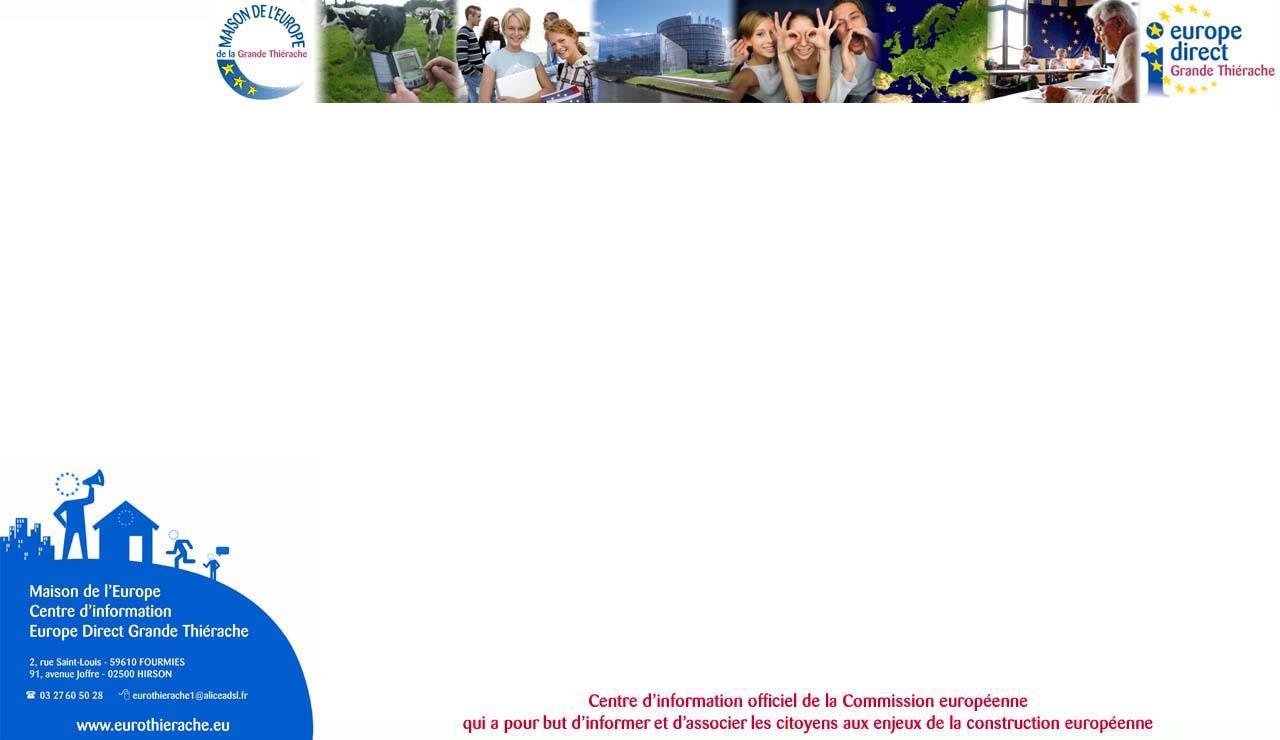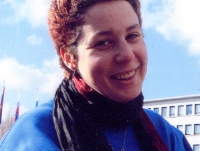|
Aurélie: the first motivations were improving the languages, and to speak another language with fluency. During my French degree, I did an internship, in Belfast (Ireland) and another in Barcelona (Spain). For the employers, the internships were not enough to speak another language with fluency. Then, I decided to go and to become an au pair girl. I went to the association called "la Maison de l’Europe de la Grande Thiérache" in order to have some information. They talked to me about the EVS. 2) What does the EVS bring to you? Aurélie: this was a really good experience. Besides, I stayed two years more in Spain by my own means, and notably thanks to my relationships. Moreover, I speak Spanish with fluency, my first objective is reached. I feel even more Catalan than any other Catalan I met people who show me their culture. Living this experience makes you have the feeling to be more European, in a cultural point of view. The aim of the EVS is totally reached. 3) What costs are taking in charge? Aurélie: the round trip ticket, transport costs from your flat to your working place are taken in charge. Concerning the flat, and the food, each project is managed individually in the reception’s organization. For the flat, it can be shared with other volunteers; it can be a bedroom in a young worker residence, or a bedroom in the organization where you are a volunteer. For the food, you can have meal tickets, having lunch directly in your working place, you can have money for food budget or your tutor can buy some food. You have also pocket money. 4) What are the administrative modalities before to go away? Aurélie: the administrative modalities take time, approximately 6 months. You need to write a letter of motivation and a CV, you need to apply for projects chosen by the volunteer. Since you have a positive response, your candidature must be recognized by the capital of your country and by the one of the country where you go (respectively Paris and Madrid for me) then your candidature is returned to Brussels for the European validation credits. 5) How do you search your EVS project? Aurélie: I searched in the database by countries (since I would go to Spain) but you can also search by sector like environment, culture, social sector (children, teenagers, the handicapped, immigrants) etc. A little piece of advice in order to search, you need to avoid the big cities, because many volunteers choose the big cities, as well as the former European countries. Indeed, there is less application in the Eastern countries, so they are more accepted. When you are so many volunteers who come from the same country, you don’t integrate the population, and you don’t learn anything about the local culture. As far I’m concerned, I was at approximately 38 miles of Barcelona. If we want to go quickly, we can apply for urgent advert. 6) In the country how your EVS is organized? Aurélie: there are several seminaries. As a rule, there is a seminary before to go, in which you know your rights and duties as volunteer. There is a seminary, one month after you arrive in the country in which you meet other volunteers of the region. It serves to see that we are not the only one in the region and in the same situation. You have a seminary at the half past time of the EVS, in which you meet other volunteers of the country. Thus, we can evaluate all the aspects of the EVS. To conclude, there is a seminary, when you come back in your country in order to tell your experience. |
| interview : Aurelie Marlier (28 ans) |
| © 2014 Maison Europe Grande Thiérache |



 1) Which were your motivations to do a European Voluntary Service (EVS)?
1) Which were your motivations to do a European Voluntary Service (EVS)?